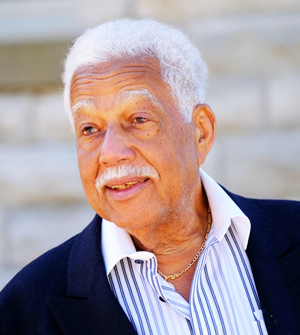
By Paul Hubbard
Guest Column
Walking is good exercise for senior citizens and especially for African American seniors. Research and studies, including ones by Harvard University and AARP, indicate walking is powerful medicine for our brains.
Akilah Johnson writes in the Washington Post that in the last two decades African American health in general has declined in comparison to our White counterparts. Walking will help us grow new brain cells. Moderately paced walks stimulate the release of a protein called neurotrophic according to Patrick Smith professor of psychiatry at the University of North Carolina.
Walking can also increase the flow of oxygen and nutrients to the brain which can boost creativity. Creativity is a cognitive skill that is part of problem-solving according to a Stanford University study. Walking may enhance our mood according to Maie Pasinski, MD, of Harvard University.
Walking may also decrease brain-damage stress. Repeated exposure to stressful situations impairs memory, attention and cognitive flexibility. Walking in nature has been shown to be particular effective at reducing stress levels according to Andrew Huberman, a neuroscientist at Stanford Medicine.
Walking should also reduce the risk of cognitive decline. Participants in a study who walked more than 4000 steps per day had healthier brain tissues in the area responsible for memory, learning and cognitive function than those that did not as one AARP study showed.
If you want a fast work out at home the YMCA in Washington DC and Mayo Clinic recommends the chest press, bicep curl, military press, chair squat and dumbbell rows. These five home exercises can be found online. Let’s get our brains and bodies in shape spring and summer 2023.
Paul L. Hubbard MSW, President Comfort Day Care. “A Senior Moment”.
